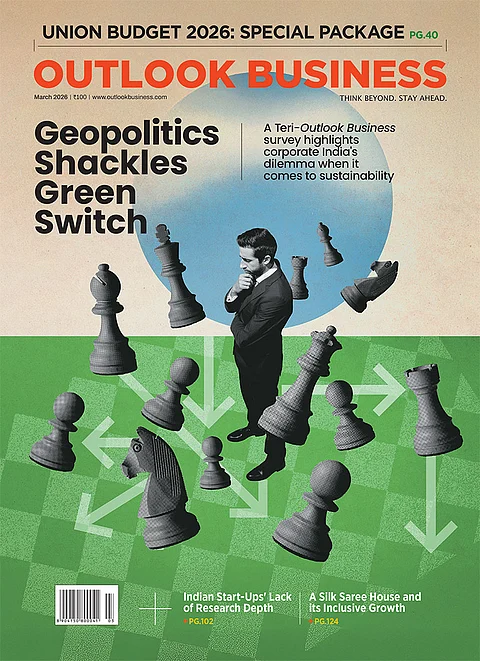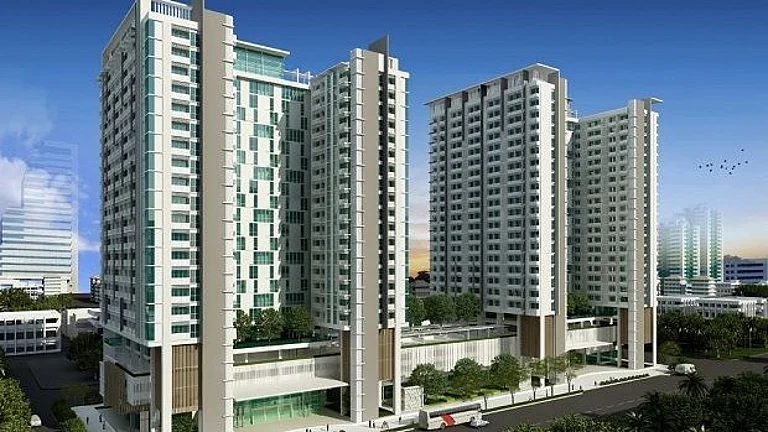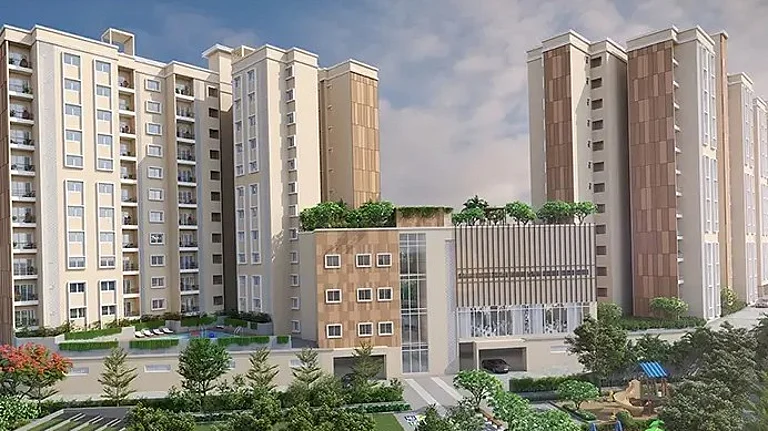In a bid to increase more developers onboard its navigating platform, Google has slashed the prices of Google Maps in India. This comes a week after Ola founder and CEO Bhavish Aggarwal rolled out a one year free access to Ola Maps.
Announcing this development at its event Google I/O Connect in Bengaluru on July 17, the tech firm stated that its maps platform would be available for the users at up to 70 percent lower cost compared to “most APIs” starting August 1. It also stated that it will accept payments for Google Maps subscriptions in Indian rupees as against US Dollars currently.
As per Inc42, this new pricing would be exclusively available to India-based customers whose majority usage is based and billed in India. It would also “monitor eligibility” and may remove users if they do not fall into the criteria for the reduced pricing slabs.
The billing account for Google Maps platform and Google Cloud Platform would be the same for the developers, the tech firm confirmed.
Google’s Geocoding API was priced earlier at $5.00 per 1,000 requests for the initial 1 Lakh monthly requests. It will now be reduced to $1.50 per 1,000 requests for the initial 5 Lakh monthly requests for Indian customers from August 1.
Reacting to the announcement, Ola’s Bhavish Aggarwal in a post on X termed the move as “too little too late”.
“Dear @Google, too little too late! Reducing prices for @googlemaps, “offering to price in ₹” after #ExitGoogleMaps. Don’t need your fake generosity! Tomorrow, I’ll be writing a blog response and announcing major updates on Ola maps @Krutrim,” said Aggarwal in his post
The comment comes in the wake of Aggarwal urging the Indian developers to refrain from using Google Maps having announced a one-year free access to all developers to Ola Maps on the AI-driven Krutrim platform. He also offered over INR 100 Cr in free credits to developers.
The reason for such a move, according to Ola's CEO, was that Indians have been navigating the country with a western app for a long time which fails to address difficulties such as irregular roads and complicated roads, traffic, changing urban areas, and street names.































